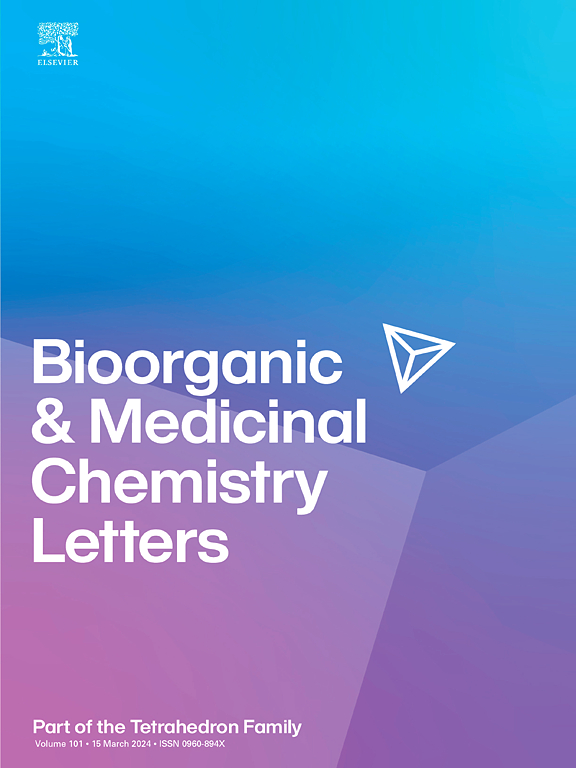Potential of fat-soluble vitamins as a platform for antiviral drug development
IF 2.2
4区 医学
Q3 CHEMISTRY, MEDICINAL
引用次数: 0
Abstract
Fat-soluble vitamins, including vitamins A, D, E, and K, exhibit antioxidative, anti-inflammatory, and immunomodulatory effects, making them promising candidates for antiviral drug development. This review highlights their structural features, biological roles, and antiviral potential. Vitamin A derivatives modulate immunity and inhibit viral replication, including SARS-CoV-2. Vitamin D analogs enhance immune responses and target viral enzymes, while vitamin E derivatives reduce oxidative stress and may directly inhibit viral replication. Emerging research on vitamin K derivatives suggests potential antiviral applications. These findings underscore the potential of fat-soluble vitamins as innovative antiviral agents, warranting further investigation to optimize efficacy and clinical use.
脂溶性维生素作为抗病毒药物开发平台的潜力
脂溶性维生素,包括维生素A, D, E和K,具有抗氧化,抗炎和免疫调节作用,使其成为抗病毒药物开发的有希望的候选者。本文综述了它们的结构特点、生物学作用和抗病毒潜力。维生素A衍生物可调节免疫力并抑制病毒复制,包括SARS-CoV-2。维生素D类似物增强免疫反应和靶向病毒酶,而维生素E衍生物减少氧化应激,可能直接抑制病毒复制。对维生素K衍生物的新兴研究表明了潜在的抗病毒应用。这些发现强调了脂溶性维生素作为创新抗病毒药物的潜力,值得进一步研究以优化疗效和临床应用。
本文章由计算机程序翻译,如有差异,请以英文原文为准。
求助全文
约1分钟内获得全文
求助全文
来源期刊
CiteScore
5.70
自引率
3.70%
发文量
463
审稿时长
27 days
期刊介绍:
Bioorganic & Medicinal Chemistry Letters presents preliminary experimental or theoretical research results of outstanding significance and timeliness on all aspects of science at the interface of chemistry and biology and on major advances in drug design and development. The journal publishes articles in the form of communications reporting experimental or theoretical results of special interest, and strives to provide maximum dissemination to a large, international audience.

 求助内容:
求助内容: 应助结果提醒方式:
应助结果提醒方式:


